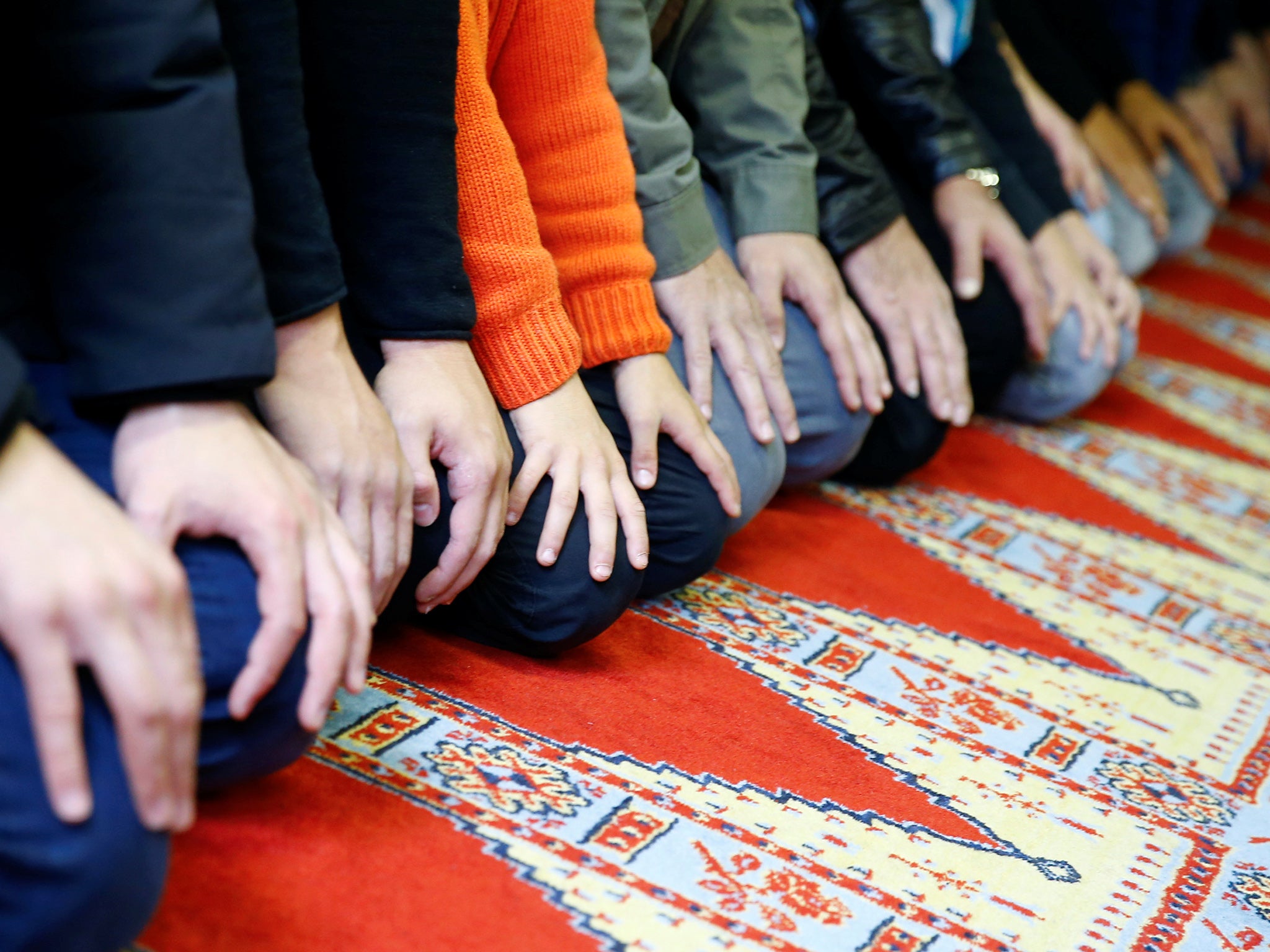The Independent's journalism is supported by our readers. When you purchase through links on our site, we may earn commission.
Young British Muslims are becoming much more liberal – but they aren’t less religious as a result
Muslims, especially second generation Muslims, seem to be finding ways to reconcile British culture with religion. It's only natural that, when Islamic thought has adapted to the context in Malaysia, in Pakistan and in Egypt, it can do so in Britain as well

Your support helps us to tell the story
From reproductive rights to climate change to Big Tech, The Independent is on the ground when the story is developing. Whether it's investigating the financials of Elon Musk's pro-Trump PAC or producing our latest documentary, 'The A Word', which shines a light on the American women fighting for reproductive rights, we know how important it is to parse out the facts from the messaging.
At such a critical moment in US history, we need reporters on the ground. Your donation allows us to keep sending journalists to speak to both sides of the story.
The Independent is trusted by Americans across the entire political spectrum. And unlike many other quality news outlets, we choose not to lock Americans out of our reporting and analysis with paywalls. We believe quality journalism should be available to everyone, paid for by those who can afford it.
Your support makes all the difference.With the narratives on the topic of Islam turning stale, you’d be forgiven for thinking that nothing was changing. We have all seen critics of Islam and immigration point to conservative social attitudes among Muslims as proof of some deeper problem with Islam, and call on them to integrate.
Muslim apologists, in return, warn about the dangers of Islamophobia, cheer about celebrities like Mohammad Salah and Nadiya Hussein, and reiterate the well-known fact that Muslims consistently identify more strongly with Britain than other Brits do. Other Muslims, like Maajid Nawaz, instead acknowledge there is a problem and propose a “reformation” to address it, to lukewarm reception from everybody else.
So far, so boring. It would be easy to think that there’s a straight choice: either be more British by being less Muslim, or be more Muslim while being less British.
So when Ipsos MORI released a review last month of all the major polling data on Muslim social attitudes to date, it’s surprising that no one picked up on the significance of its findings. Delve into the detail and what you find is something completely new.
What it showed is that Muslims are becoming more liberal. But what was surprising was that they’re not becoming less religious; if anything, the data suggests the opposite. The report noted rising religious observance over the 2005-2009 period, saying “this rise was particularly evident in the younger (16-29) age group (from 68 per cent to 80 per cent)” compared to 73-79 per cent for all Muslims.
And yet, these Muslims are more likely to want to fully integrate into all aspects of British life, have ethnically diverse friendship groups and think it correct that homosexuality is legal in Britain.
What is happening? Muslims, especially second generation Muslims, seem to be finding ways to reconcile British culture with religion. It’s only natural that, when Islamic thought has adapted to the context in Malaysia, in Pakistan and in Egypt, it can do so in Britain as well. Apparently, it can do so without becoming less Islamic.
But if we look beyond polling data, there’s something else happening as well. Grassroots British Islamic scholarship is beginning to flourish.
The Cambridge Muslim College, for example, is already laying the groundwork to tackle the political, social and theological problems posed by being Muslim in modern Britain. British Muslims are, for the first time, being trained in Islamic and Western disciplines. The College also recruits Imams who have trained abroad, so they can provide “the relevant skills and knowledge necessary in modern British society.”
Far from preaching yet another dogmatic world view, the college has an ethos of dialogue, free thought, and rationality, in keeping with classical Islamic scholarship.
Around the world too, Islamic scholarship is proving to be key to softening even the most controversial Muslim stances. A YouTube video produced by the Bayyinah Institute, a US-based Islamic learning platform, uses the original Qu’ranic Arabic to refute any Islamic justification for beating women. The video garnered over 263,000 views, and is part of a whole series on similar issues.
There are other reasons to believe that a greater understanding of Islam is behind these attitude changes. There has been a global crisis in Islamic scholarship for many decades. British Muslims have been left to learn Islam from the cultural practices of their parents, or bits of sermons from imams of unknown qualifications.
It should not be surprising, given the less liberal cultures of India and the Middle East, that that has led to illiberal attitudes here. There is a hope that homegrown scholarship will change this, unblurring the lines between religion and culture, and putting critical thinking at the heart of British Islam. When we know that a feeling of not belonging, along with dogmatic thinking, is a key factor in radicalisation, this can only be a good thing.
The 21st century might be the first to articulate an Islamic liberalism, doctrinally sound and compatible with modernity.
It may not be the reformation some had hoped for, but it is a rediscovery of the historical Islamic fundamentals. It’s the beginning of the ideological pushback against extremists whose ideas of violence depart from the Islamic mainstream. Most importantly, it is a major step forward in avoiding the unnecessary clash of civilisations that some fear and others crave.
Join our commenting forum
Join thought-provoking conversations, follow other Independent readers and see their replies
Comments